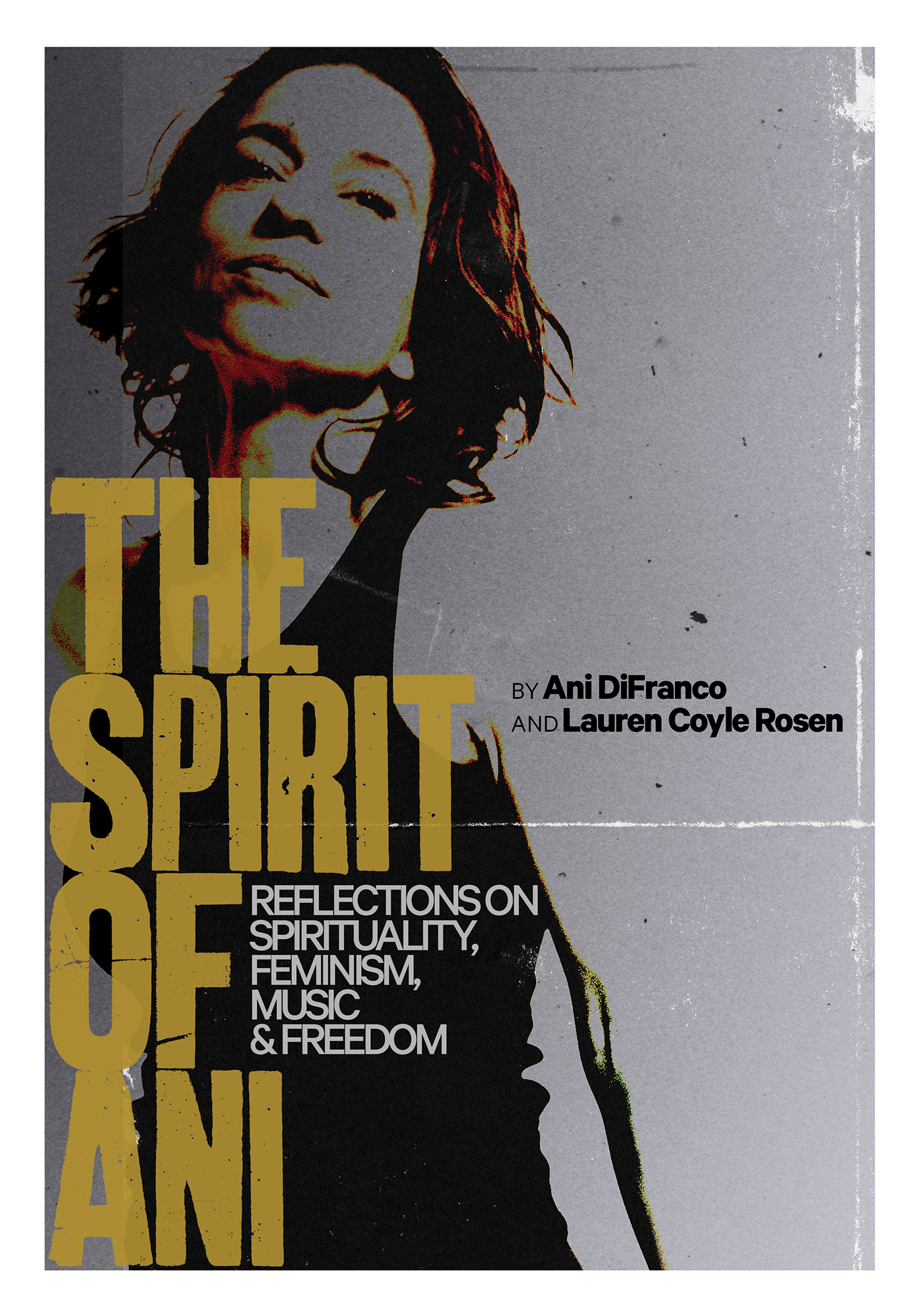The mighty would have fallen by now, but their reputation is propping them up. That's how it goes when your rock band becomes too big to fail. You grab enough people by the heart when they're young and impressionable, you get to be a big deal forever, whether your moment of excellence lasted well over a decade (like U2 or the Rolling Stones) or just for an album or two (like Weezer and the Strokes). Call it brand loyalty, wishful thinking, whatever. It's a fact of the music business. Creative death can't kill the world's biggest rock bands -- only actual death, and sometimes not even that.
To wit: Arcade Fire used to be the most exciting band in the world, therefore a new Arcade Fire album is always going to be a big deal, even if their new music makes you forget why you ever loved them in the first place. Anyone who's ever been electrified by Funeral or awestruck by The Suburbs will naturally hold out hope that this band might take your breath away again. I count myself among those who will always perk up at the news of new music from this band; even reading the words Arcade Fire gives me a little dopamine squirt. I associate the band's name with visceral power and beauty and grace -- the sheer exuberance of their madcap early performances, the staggering impact of their finest songs echoing across an arena, the way my body clenches up and my soul stirs upon exposure to "Wake Up" and its many euphoric climaxes-upon-climaxes.
Funeral, by my estimation, is the greatest indie rock album of the 21st century so far. It's an impossible standard to live up to, but they came close two albums later with The Suburbs, a tremendous collection of music that never let its big ideas and ambitious scope get in the way of its magnificent power. And although I don't feel nearly as passionate about Neon Bible and Reflektor, both albums contain glimpses of that grandiose genius that helped Arcade Fire complete the perilous leap from indie rock to arena rock.
Maybe Everything Now, the album, will tap into that glory again, too. But "Everything Now," the song, does not inspire confidence. Nor does "I Give You Power," the Mavis Staples collaboration Arcade Fire released in January. These two tracks are Arcade Fire's first recorded output since the Reflektor era, and they suggest the bloated pomposity that bogged down that era has only gotten worse. The band seems to have forgotten that sounding big does not automatically equate to sounding epic.
"Everything Now," a cheery disco-rock reverie co-produced by Daft Punk's Thomas Bangalter and Pulp's Steve Mackey, has already drawn countless rightful ABBA comparisons, but it fails to capture that group's enlivened joie de vivre. Arcade Fire used to be masters of the howl-along chorus, yet "Everything Now" lacks a transcendent refrain on par with "Rebellion (Lies)" or even "Dancing Queen," for that matter. It just coasts along in a state of semi-pleasant mediocrity, a nightmare Arcade Fire parody come to life. For a song about information overload, it's strictly underwhelming.
"I Give You Power" at least hints at that old Arcade Fire ferocity, though it's wrangled uncomfortably into discordant electronic soul music approximating what might happen if Trent Reznor made a song with his grandmother, Fiery Furnaces-style. The groove is more substantial than on most of this band's dance-rock experiments, a lurching undertow that sounds like it might explode into glory at any moment. But it never does. Instead, Win Butler and Staples just howl the same blues riff ad infinitum, call-and-response style, until the song ends unceremoniously. I applaud them for experimenting, but that particular experiment failed.
Beyond the deathless power of nostalgia, the one thing keeping my hopes for this new album afloat is "Creature Comfort," the other new song Arcade Fire debuted at yesterday's surprise Primavera set. Fan-recorded footage reveals it to be sweeping synth-pop delivered with scrappy punk-rock bluster. Recurring depth charges are colored by a dancing keyboard melody and piercing vocal interplay from Butler and Régine Chassagne that reminds me, somewhat shockingly, of Ohio lo-fi royalty Times New Viking. (TNV actually opened for Arcade Fire in Columbus way back in 2004, but I am guessing the resemblance is a coincidence.)
"Creature Comfort" doesn't sound quite like any Arcade Fire song before it, and for once that's indicative of evolution rather than creative decay. Even as it takes this band new places, it reminds me of why they swept me away in the first place, coursing with an urgency they've often lost sight of while pursuing the ill-conceived notion of Very Important Dance Rock. Does it fill my entire being with profound, uncontainable bliss the way they used to? No, but it at least leaves the door open for the possibility that some song on this new album might send me soaring so high again. Until such a song materializes in the Infinite Content stream, I'm going to keep lamenting Arcade Fire's loss of greatness. No band should be forced to endlessly mimic their classics, but there's also no need to lower the bar for old favorites who have proven they can do much better.






